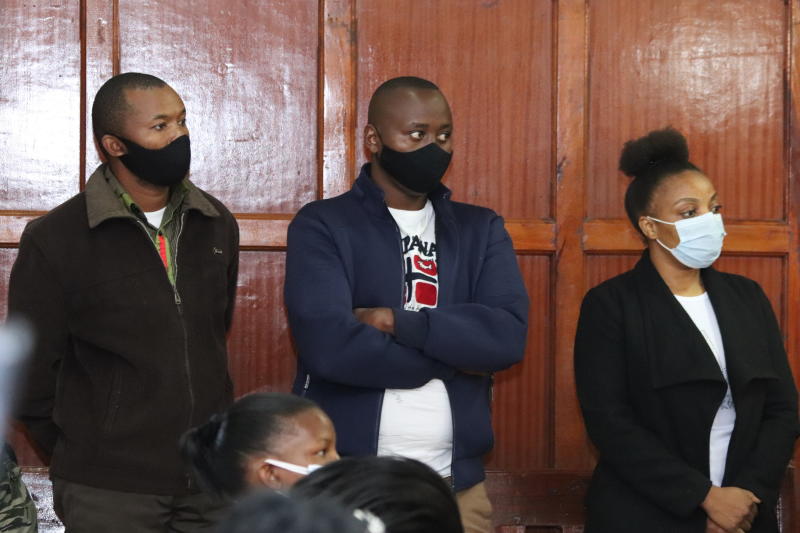×
The Standard e-Paper
Kenya’s Boldest Voice

It was a perfect conspiracy of seven men and their mission was to plan a perfect murder.
The hitmen had been outsourced. Guns too had been procured and on July 14, 2005, Isiolo Catholic Bishop Luigi Locatti was shot dead at the church’s regional diocese compound in what was made to look like a robbery gone bad.